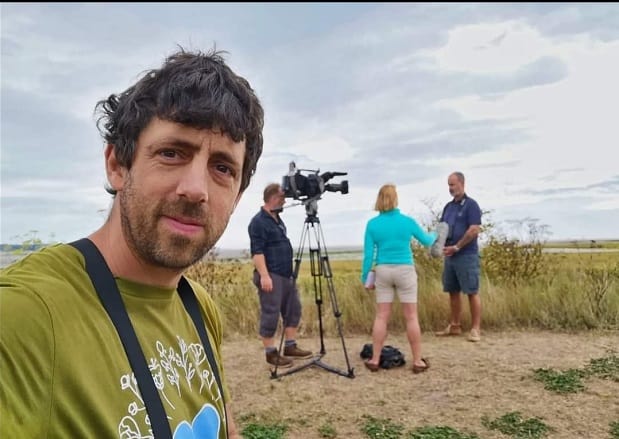
Thanet nature expert Nik Mitchell, from Minster, runs the Wildlife Conservation in Thanet page on facebook:
Here we are in 2021 and most of us are glad to see the back of 2020.
I thought it would be fitting to write a balanced piece about the effect Covid-19 restrictions generally had on Thanet’s wildlife last year. The coronavirus pandemic has, and still is, causing exceptionally challenging and worrying times for each and every one of us.
Back in March when Thanet went into lockdown to control the spread of the virus, it reduced human mobility, people were off work, entertainment venues, cafes, shops, pubs and gyms etc were all shut. There was a surge in appreciation for the outdoors; people came to realise that getting outside and spending time connecting with nature was good for them, which is great.
However, I am someone that has always spent a great deal of my spare time in isolated places, respectfully looking for wildlife whilst enjoying the solitude and I really noticed the increase of people around.
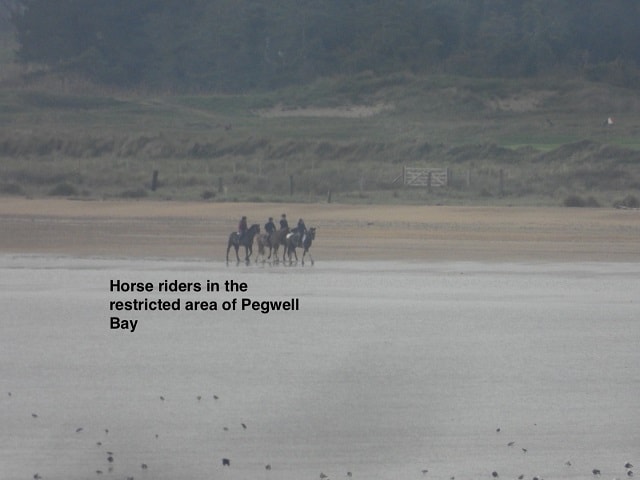
Sadly, this led to a lot of wildlife being disturbed. Pegwell Bay was busier than ever before. The Special Site of Scientific Interest is vital habitat for birds and has a large seal colony. The majority of the bay has restrictions in place and it is signposted, but people still headed into areas of sensitive wildlife and caused disturbance. The culminative impact of this is massive.
Fortunately, many of my followers saw my blogs about this particular issue and helped to spread awareness, I was approached by BBC news, Radio Kent, Academy FM and various online news outlets after my blogs had so much traction, this was great as we could share the problem with those that do not use social media.
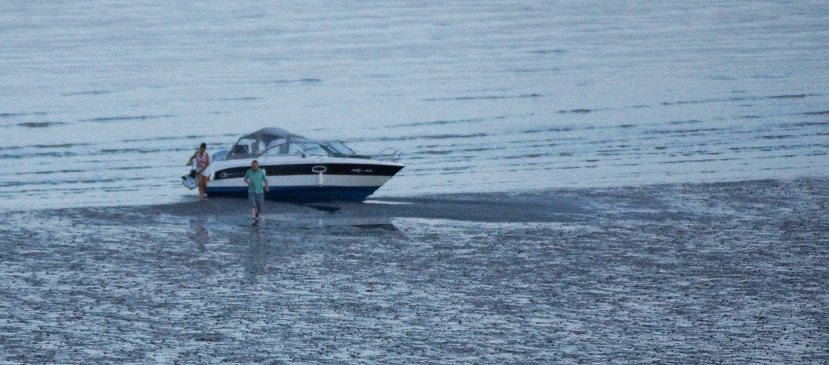
The impact of Covid-19 on global wildlife has been both positive and negative so I thought I would list a few.
Some of the negative impacts on our wildlife were;
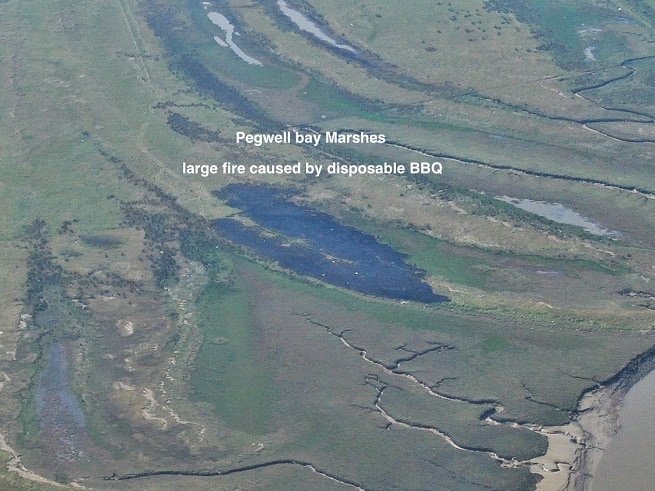
- A significant increase in wildlife disturbance especially the seal colony in Pegwell Bay, this disturbance came from jet skiers, kayaks, walkers, boats, paragliders and even horse riders
- People had more time on their hands, they started tidying up their gardens, tidy gardens are not great for wildlife. Many hedgehogs and nesting birds were disturbed
- There were more fires caused by disposable BBQs this year including a large fire at Pegwell Nature Reserve.
- Some urban-dwelling animals, like gulls, rats and foxes would have struggled to make ends meet without access to wasted human food from restaurants or takeaways
- Less roadkill for scavengers due to less traffic
- Many conservations projects and reserves have been struggling for funding
- Sadly, green spaces that were full of flowers and wildlife, even in parks that were closed, still got visited by the mowers
- Prior to Covid-19 you would rarely find disposable gloves or masks on a litter pick, now this additional litter is everywhere.
Some of the positive impacts on our wildlife were;
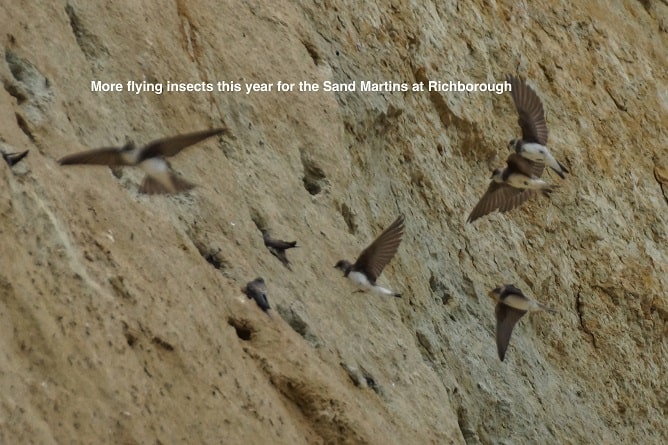
- People came to realise that getting out and spending time connecting with nature was good for them. Spending time outside has been proven to reduce stress and improve both our mental and physical health
- For a short period, carbon dioxide immersions were down by 8%, (that’s the equivalent of what is required by the Paris agreement for the safe limit), but the annual average Co2 concentration will still increase even though emissions reduced a little this year, because although emissions are smaller, they are still continuing to rise. The burning of fossil fuels by humans is accelerating climate change. 16 of the 17 warmest years in the 136-year record have occurred since 2001
- People were paying more attention to their gardens and surrounding areas, having more opportunity to see the daily changes through the seasons
- There were more flying insects for our birds to eat due to less “splats” from cars on the road.
- During lockdown I decided to do a wildlife blog every day (thinking lockdown would only be 3 weeks). My blogs attracted many thousands of viewers and I ended up doing wildlife blogs for 50 consecutive days. This was great because it really helped me to spread awareness of wildlife and conservation.
It has been a tough old year having lockdown, self-isolation and the tiers affecting our daily lives. I have felt very lucky to have a garden which my family and I can enjoy. Some people came to realise that gardens should be seen as mini-wildlife reserves, eco systems we can protect and observe rather than something we manage and control. It is more fun; it creates a sanctuary, better for our wellbeing and that of the little lives we give a home.
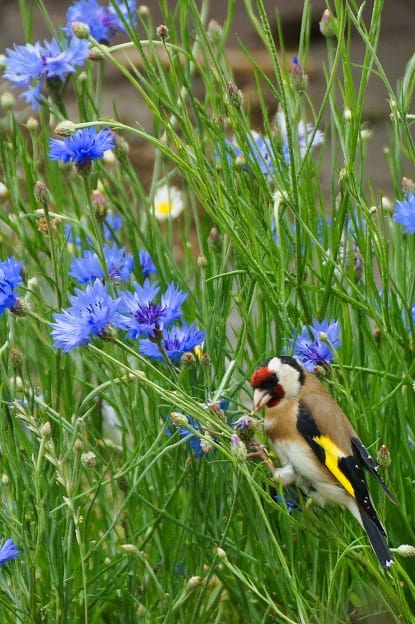
Our patches can contribute to a greater movement to save life on our planet as it is rapidly being wiped out day-by-day (in my lifetime the world has lost half its wildlife). People with nature in their lives are more active, mentally resilient and have better all-round health. Happy New Year everyone. Let some wild into your life in 2021.

